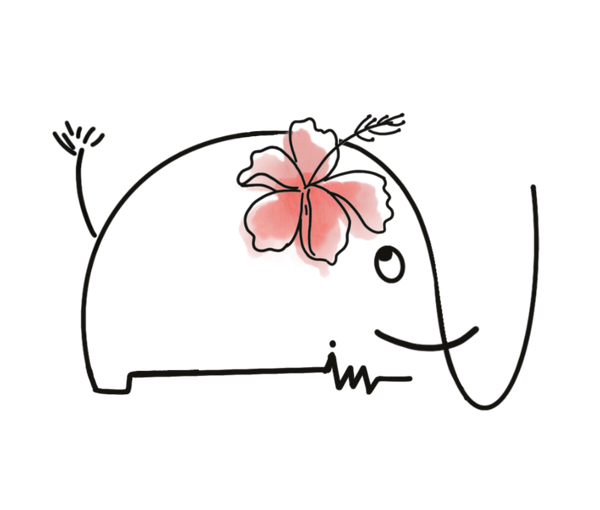@ELEPHANT IN YOU
Kullakar Rice
Possesses antioxidants properties, and higher zinc and iron content
|
“ The greatest wealth is health. ” Kullakar rice is an ancient and indigenous rice variety primarily cultivated in India, particularly in Tamil Nadu. It is a type of red rice known for its rich nutritional profile, unique taste, and cultural significance. Kullakar rice has been cherished for generations due to its health benefits and ability to grow in challenging conditions. This heirloom rice variety has gained renewed attention as more people seek wholesome, unpolished, and naturally grown grains that offer immense health benefits. It has a deep-rooted history in Indian agriculture. The name "Kullakar" is derived from the small size of the plant at full maturity, with "kuttai" meaning short. This traditional rice variety is resilient, with strong resistance to drought and pests. However, it requires well-drained soil, as it is susceptible to waterlogging. The short growing duration allows Kullakar rice to be cultivated throughout the year in all three agricultural seasons. |
|
Being naturally hardy, Kullakar rice minimizes the dependence on pesticides, making it an eco-friendly choice for sustainable farming. Indigenous rice varieties like Kullakar have adapted to diverse land conditions, thriving in both saline and drought-prone areas. The growing interest in organic and traditional farming methods has helped restore the popularity of this ancient grain. Kullakar rice is packed with essential nutrients, making it an excellent choice for health-conscious individuals. It is rich in complex carbohydrates, fiber, iron, zinc, and antioxidants. Unlike polished white rice, which loses many of its nutrients during processing, Kullakar rice retains its natural goodness. It also contains Complex Carbohydrates: Provide sustained energy and promote satiety. |
|
Kullakar rice is highly versatile and can be incorporated into various dishes. Its rich, earthy flavor and fluffy yet firm texture make it a preferred choice in traditional and modern cuisine. Popular Dishes Made with Kullakar Rice: Idli & Dosa. Puttu Idiyappam Sweet Pongal Rice Salad Porridge |
|
Kullakar Rice is particularly beneficial for pregnant women as it supports natural childbirth. Additionally, it helps improve children's memory. This rice is rich in manganese, vitamin B6, calcium, proteins, carbohydrates, potassium, and fiber. In some regions, Kullakar rice is traditionally given to pregnant women to ensure a healthy pregnancy and a painless delivery. |
|
1. Strengthens the Nervous System: 2. Boosts Immunity: Regular consumption of Kullakar rice enhances the immune system, helping the body fight infections and diseases. The high zinc and iron content contribute to overall immunity and faster wound healing. 3. Regulates Blood Pressure Kullakar rice contains essential minerals that help regulate blood pressure levels. It is especially beneficial for individuals with hypertension, as it promotes cardiovascular health. 4. Supports Diabetes Management 5. Promotes Healthy Skin The rich antioxidant content in Kullakar rice aids in cell regeneration and helps maintain youthful skin. Regular consumption can prevent premature aging and skin diseases. 6. Enhances Energy and Stamina 7. Aids in Weight Management 8. Improves Digestive Health 9. Strengthens Bones With its mineral-rich profile, Kullakar rice supports bone health and prevents conditions like osteoporosis. Regular consumption can contribute to stronger bones and improved joint health. HEALTH BENEFITS |
Kullakar rice is more than just a grain; it is a powerhouse of nutrition, history, and cultural heritage. With its remarkable health benefits, versatility in cooking, and sustainability, Kullakar rice is an excellent choice for anyone seeking a healthier diet.
By incorporating Kullakar rice into daily meals, individuals can experience improved health, better energy levels, and enhanced well-being.

